| my R&D hat is firmly wedged this week for group art exhibition awareness muscle which is an exercise primarily in critical thinking in an environment of immediacy under the umbrella of format art. an international endeavor spawned by progressive artist thierry geoffrey in copenhagen, i'm one of the artists involved in the thematic sydney incarnation which opens next week at much loved gallery ATVP. an emergency art initiative which thankfully i'm still able to emulate productivity from the confines of my sickbed due the wonders of technology. all i need is the internet, switched brain, paper and pen. social psychology/commentary meets artistic expression = love. | |||||||||
enroute via alt media streams i encounter all sorts of interesting treasure [once more i fall prone to the dictates of prior formatting - long and skinny is so in right now]. this is a cut & paste job via the american free press: By Frank Whalen In 2008 Albert Gonzalez was charged with committing the largest cyber crime in U.S. history. Today, Gonzalez claims the Secret Service, with whom he was working as a paid informant, sanctioned his actions. An examination of the facts seems to validate his claims that he is a scapegoat used to protect far deeper conspiracies. Gonzalez was recruited by the Secret Service in 2003 and officially released from its employ in 2008. He assisted the government in arresting dozens of the world’s most wanted cyber criminals. It was also during this time that the pieces of a much larger criminal puzzle came into focus by the Justice Department. According to The New York Times last year, the Justice Department’s chief cyber crime prosecutor, Kim Peretti, described in 2005 that she encountered a new cyber crime wave unlike anything ever seen before. “The service keeps calling me, saying, ‘We’ve got another company that contacted us.’ The volume was getting bigger and bigger,” Ms. Peretti said. It is true. Cyber crime is huge business, netting criminals in Asia, Africa and Eastern Europe hundreds of billions of dollars in stolen money every year. No one is immune from cyber crime, either. In 2010, AmericanFreePress.net, the website operated by AFP, was targeted by cyber criminals on two occasions. The second attack was so destructive that it took down the entire website for a week, forcing drastic changes in the way the site is managed. As far as Gonzalez is concerned, the Secret Service worked closely with and was educated by Gonzalez for years. The Times states that Ms. Peretti achieved her position because of Gonzalez. Gonzalez’s reported annual salary of $75,000 from the Secret Service seems to validate the U.S. agency’s belief in his
Were those results on behalf of the U.S. government criminal in nature? In an April 8, 2011 Wired report, Gonzalez wrote, in a legal motion to withdraw his guilty plea, that Secret Service agent Steve Ward once told him, “Go do your thing . . . just don’t get caught.” SC Magazine also cited Gonzalez’s motion. “The agents had me infiltrating chat rooms, setting people up, and then the agents would bust them. . . . They told me do what [I] have to do, just try not to get caught. All the time, I was educating the agents as to hacking methods and computer crimes.” It seems possible that Gonzalez was following orders by hacking some 170 million credit card files from America’s biggest retailers, including the highly publicized TJ Maxx case. Perhaps he was allowed to keep some of the profits while recruiting other hackers to assist him in the acquisition of data, or he was instructed to use the evidence to frame other hackers whom the government was chasing. Maybe the scope of this operation is the only reason Gonzalez hasn’t been “suicided” while in prison. The Times reporter states, “One of the imprisoned hackers told me there were major chains and big hacks that would dwarf TJ Maxx. I’m just waiting for them to indict us for the rest of them.” Conceivably, after sitting in jail for a few years, Gonzalez realizes that his former employers intend for him to actually serve his 20-year sentence, and that’s why he’s now speaking out. With the potential for credit card data theft to be monumentally larger, Gonzalez could have been an unwitting participant in a much bigger plan: worldwide financial collapse. In February 2010 the U.S. government had an exercise called Cyber Shockwave to see how this could manifest. | Frank Whalen has been a radio talk show host for the past 17 years, and worked as a consultant for Maxim magazine. To read more from Frank Whalen or to tune in to his radio show, see www.franklyspeakingradio.com. |
Tuesday, May 31, 2011
a patsy a day...
Subscribe to:
Post Comments (Atom)







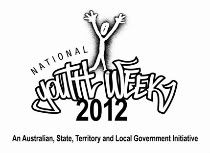






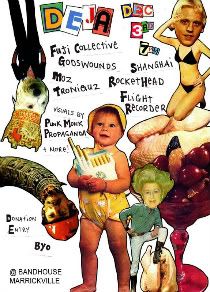
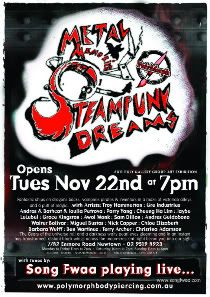


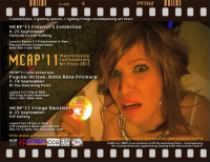
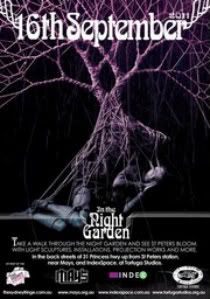
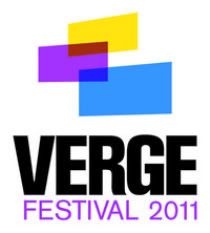
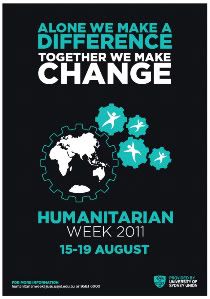



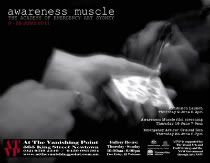









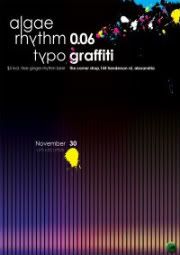





No comments:
Post a Comment